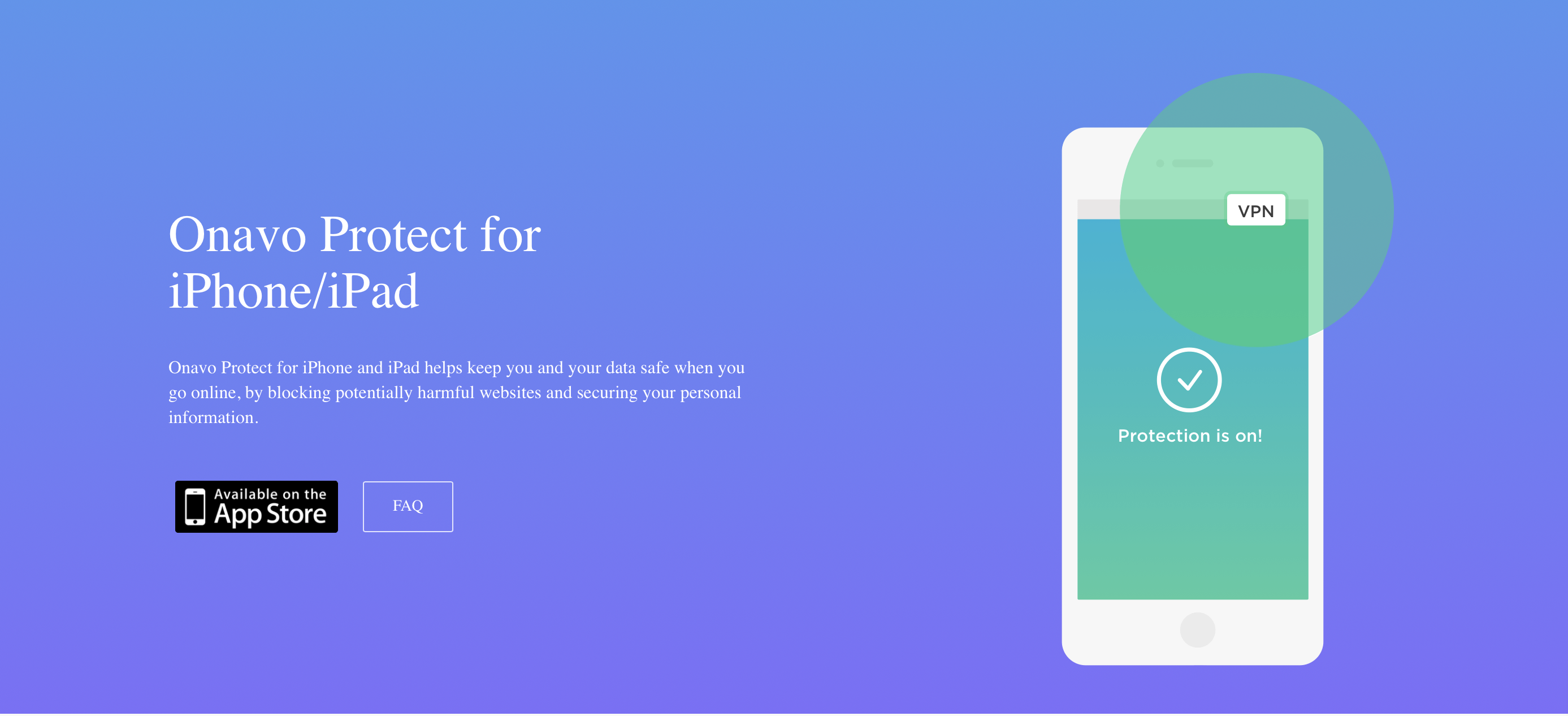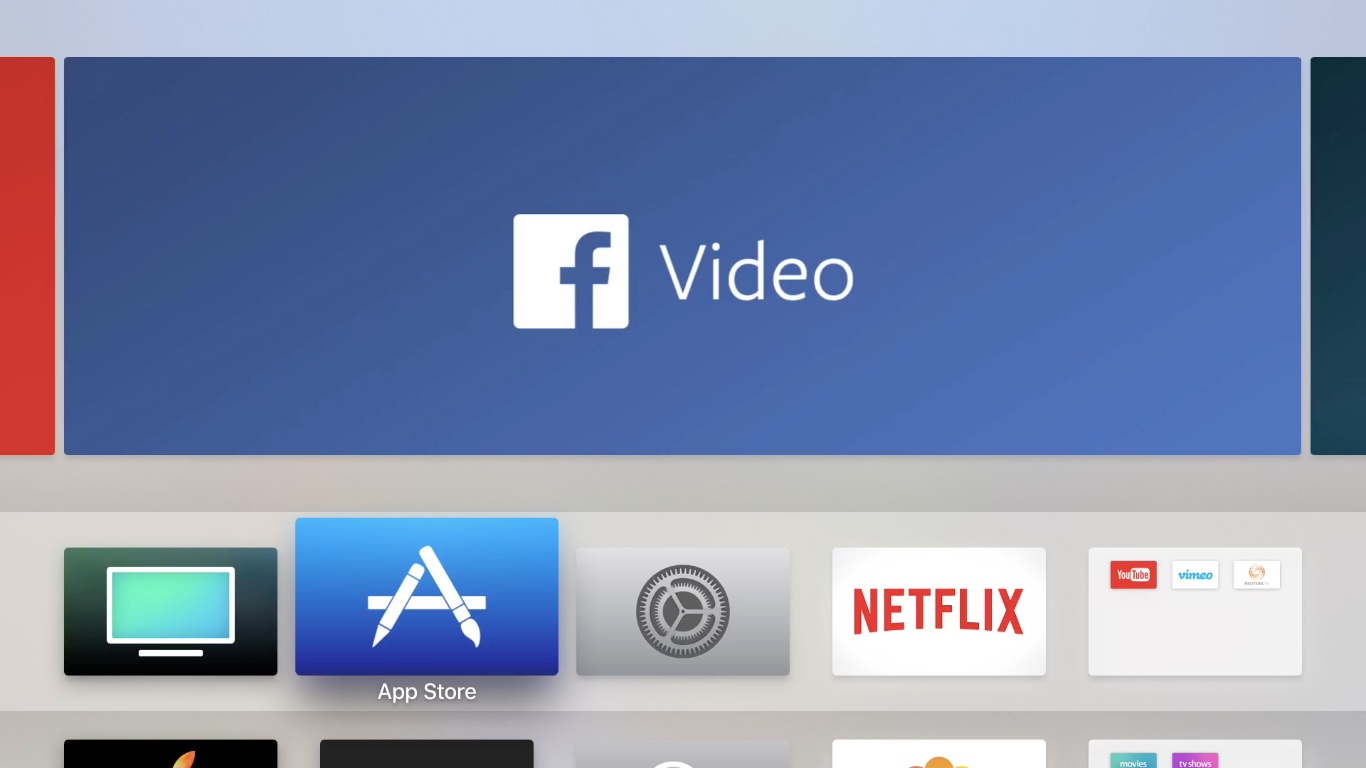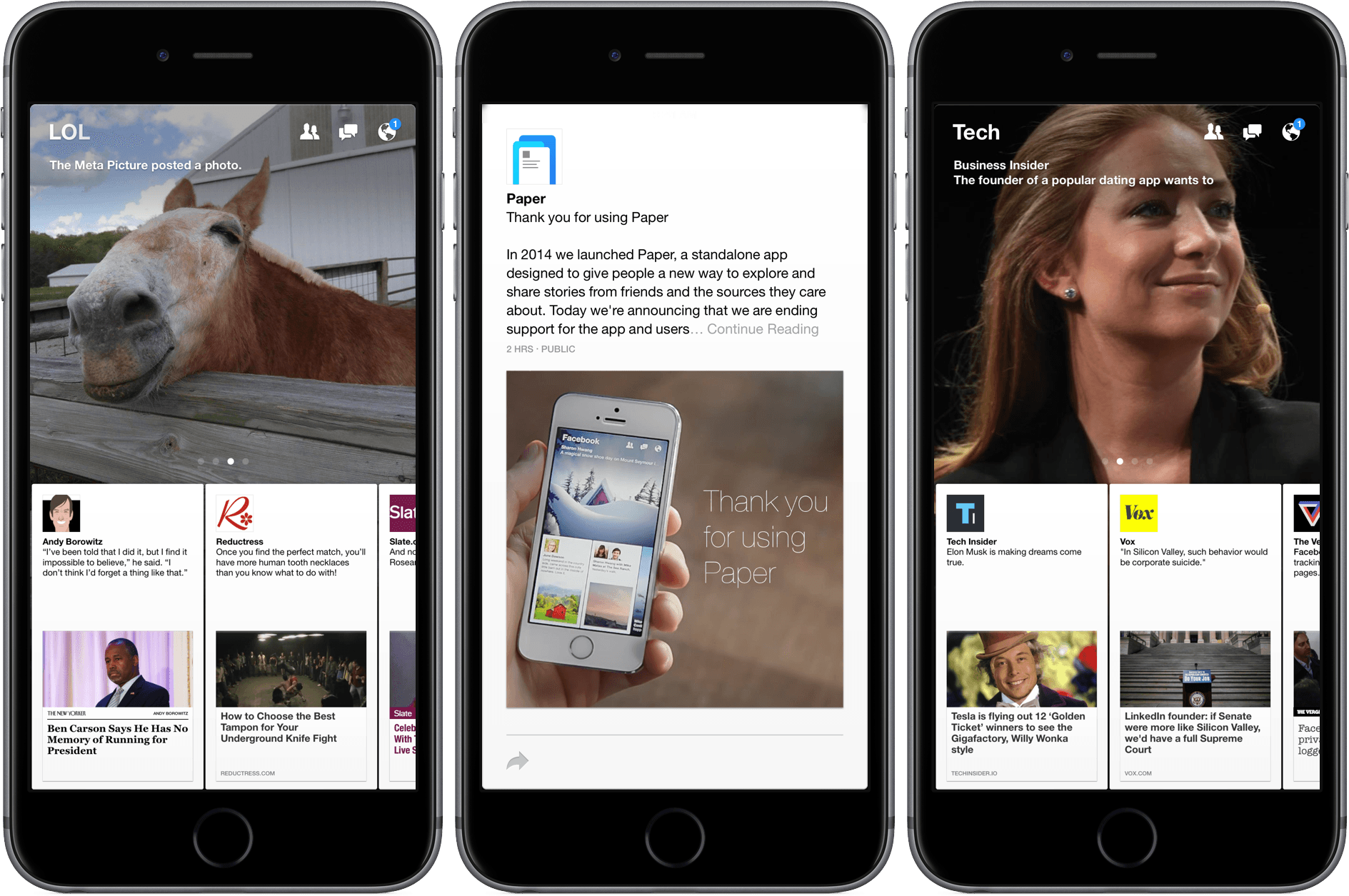Facebook is in the news again, and unsurprisingly it’s not the good kind of publicity.
Yesterday Josh Constine of TechCrunch exposed a “Facebook Research” VPN that Facebook has been using to harvest extensive phone data from users age 13 to 35 in exchange for payment from the company of up to $20/month. The practice was made possible by Facebook’s enterprise developer certificate from Apple, but after the story came to light, Apple swiftly responded by revoking that certificate from Facebook and publicly condemning the company’s misuse of Apple’s Enterprise Developer Program. That action caused the immediate end of the Facebook Research initiative on Apple platforms, but it also has reportedly brought widespread consequences throughout the entirety of Facebook’s company operations. Tom Warren and Jacob Kastrenakes, reporting for The Verge:
Apple has shut down Facebook’s ability to distribute internal iOS apps, from early releases of the Facebook app to basic tools like a lunch menu. A person familiar with the situation tells The Verge that early versions of Facebook, Instagram, Messenger, and other pre-release “dogfood” (beta) apps have stopped working, as have other employee apps, like one for transportation. Facebook is treating this as a critical problem internally, we’re told, as the affected apps simply don’t launch on employees’ phones anymore.
[…]
Revoking a certificate not only stops apps from being distributed on iOS, but it also stops apps from working. And because internal apps by the same organization or developer may be connected to a single certificate, it can lead to immense headaches like the one Facebook now finds itself in where a multitude of internal apps have been shut down.
This is more than a slap on the wrist, but it seems like a fitting response to Facebook’s blatant abuse of the Apple enterprise agreement. My main hope is that it causes Facebook to think twice before implementing any similarly shady initiatives in the future.




